A fantasy that blends science fiction with High Victoriana, Poor Things – a 1992 novel from Glaswegian author Alasdair Gray – seems a project tailor-made for director Yorgos Lanthimos.
The story is mired in Gothic horror. A young Victorian woman – wealthy, well-dressed – stands on a bridge, contemplating the water below. She jumps to her death. A pioneering doctor, Godwin Baxter (played by Willem Dafoe), rescues the body from the river, and in a gleeful homage to classic cinema, we see the woman hooked up to electrodes and crudely (but successfully) resurrected. She is named Bella Baxter (Emma Stone) and an experiment begins.
Godwin hires a medical student, Max McCandles (Ramy Youssef), to record how Bella develops; how she acquires language and social skills. Bella – with no memory of her former life – is starting all over again. Stone, in a dazzling display of intuitive acting, embodies Bella in her infancy: she skids across Godwin’s polished floors and tests her maid’s patience by smashing the doctor’s impressive ceramic collection to smithereens.
Poor Things centres around Bella’s development: she quickly learns what is and what is not acceptable at the dinner table. As she ‘grows’, her sexual awareness blossoms. McCandles is already obsessed with her: there is talk of an engagement. Unfortunately for him, Bella also captures the attention of man-about-town, Duncan Wedderburn (Mark Ruffalo). A cad by reputation, Godwin and Max are horrified as Bella is persuaded to run off with Wedderburn, on a no-holds-barred trip across Europe. Wedderburn is initially pleased with his conquest, but soon he discovers her appetites are too much even for him. Giddy for dancing and Portuguese tarts, Bella’s desires move from the immediate to the intellectual. As she is exposed to different places and experiences, Bella yearns for more.
While the allusions to Frankenstein are obvious, Bella’s political awakening (covered more fully in Gray’s novel) is something Mary Shelley herself would recognise. A post-Enlightenment grounding in how society is constructed and how the individual is expected to fit into that, Poor Things has plenty of Gray’s indignation. In scenes which have provoked comment and debate, Bella finds that her exploration of sexual autonomy pushes at the societal boundaries of what even Wedderburn can stomach. Bella’s refusal to self-censor leads to an extraordinary sexual adventure: the film’s (many) sex scenes witness Bella’s pleasure – Lanthimos’ camera focuses on little else. Sex, minus the morality, becomes a theatre of sensation. The balance of power isn’t always in Bella’s favour, but we see Bella consenting to and, importantly, evaluating every sexual experience. Not being raised within the stricture of Victorian sexual mores is its own kind of freedom. Tony McNamara’s screenplay neatly exposes the faultlines and hypocrises of a patriarchal society, particularly examining the male characters’ response to Bella’s unfettered sexuality. McCandles, in his conventional, everyman persona, despairs as Bella’s letters home record her exploits. Where Wedderburn is ‘seasoned’, Bella is ‘ruined’.
The reconstruction of Gray’s novel is a challenge eagerly accepted by Lanthimos. Despite relocating the action to London, Dafoe gamely attempts a Scottish accent to appease the purists. Gray’s unique brand of eccentricity comes alive on the screen. The production design, lead by Shona Heath and James Price, is nothing short of spectacular, from the anaesthetic black and white of Godwin’s laboratory to the saturated, postcard colour of 19th century Europe, viewed through a rich tourist’s lens. Poor Things’ surreal world has a Blakean / Steampunk sensibility at its core, but there is an elegance in the translation of these ideas that mirrors Bella’s own miraculous development. Poverty lives adjacent to prestige in Bella’s eye-opening trip to Alexandria; innocence sharpens into experience. Visually, opposing ideas collide again, with Godwin’s fantastical steam-engine, horseless carriage merging with real-life design; the scenes of Wedderburn and Bella in Paris are breathtaking in their Art Nouveau beauty. The costumes by Holly Waddington follow similar principles: Bella emerges from infantile frills into sculptural, dramatic tailoring.
Stone’s performance, charting Bella’s evolution from plate-smashing toddler to a woman ahead of her time, is rightly worthy of an Oscar nomination. Her beautifully observed scenes are clearly defined, but never too much. Willem Dafoe finds poignancy in the problematic character of Godwin Baxter, and Mark Ruffalo departs from his usually measured performances, energetically inhabiting the outrageous and larger-than-life Duncan Wedderburn.
Lanthimos specialises in making progressive, challenging films, and in Poor Things, Alasdair Gray’s encyclopaedic novel almost runs away from him. A book that examines the chasm between “poverty and plenty”, it has certainly found its moment in this post-pandemic society. The film doesn’t always match the heights of Gray’s achievement, but it is successful in recreating Gray’s richly imagined universe. Poor Things is wildly inventive and deliberately provocative, and in its finer details, its satirical heart is revealed.
You can watch Poor Things at Plymouth Arts Cinema from Fri 26 Jan – Thu 1 Feb.
Reviewed by Helen Tope
@scholar1977
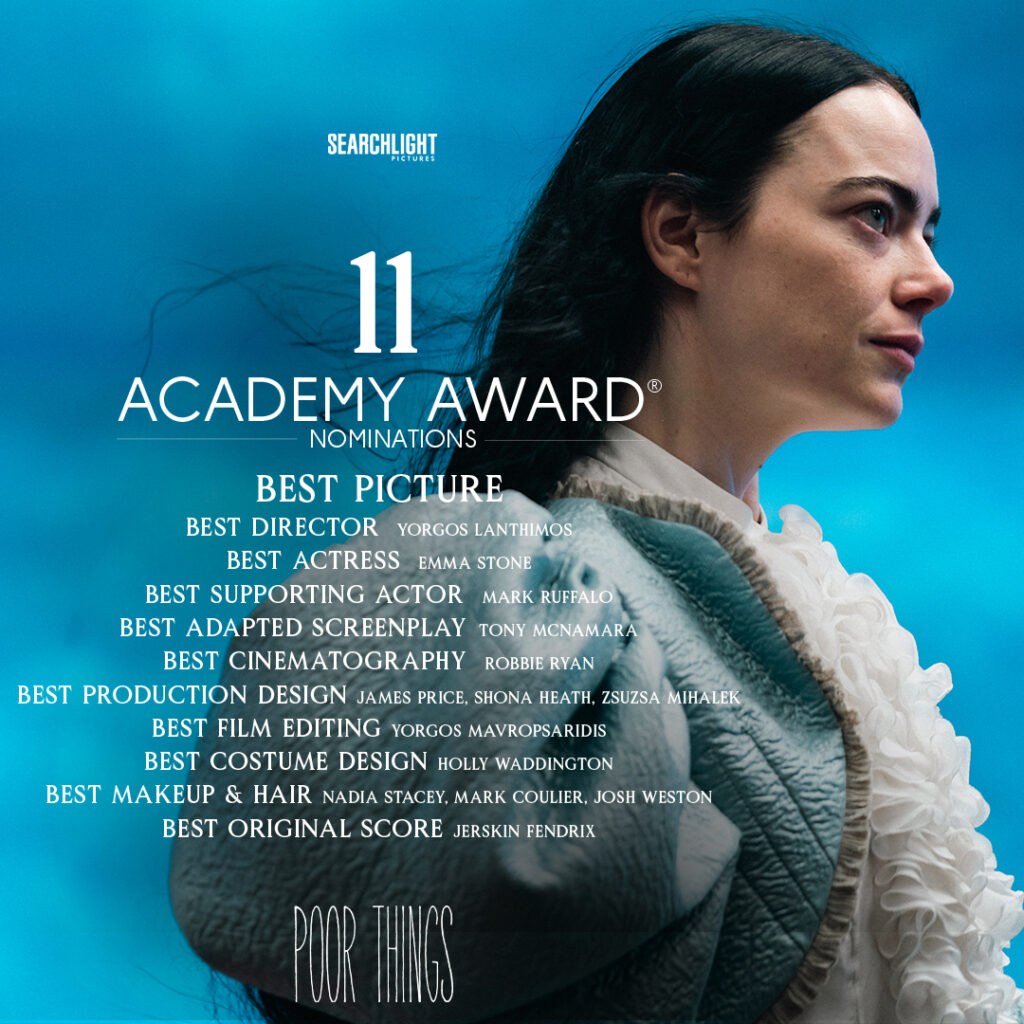
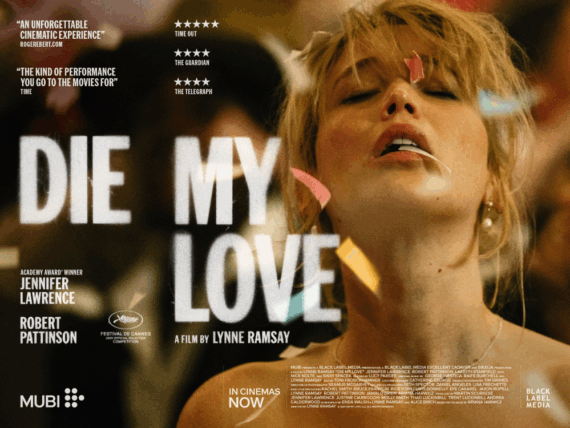
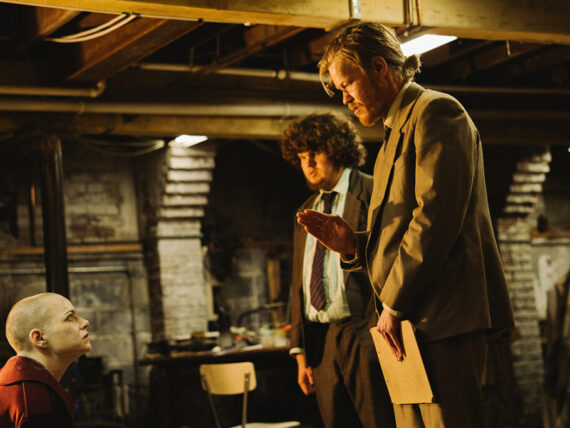
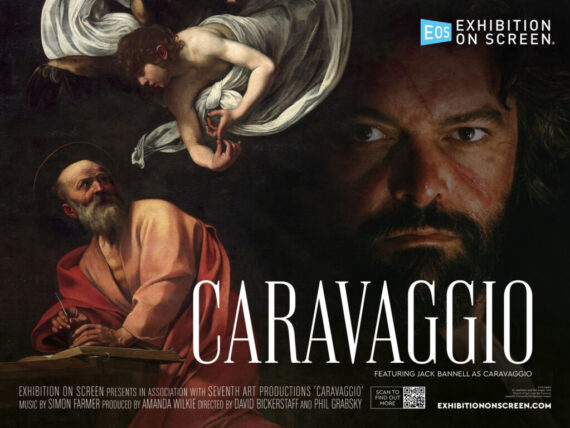
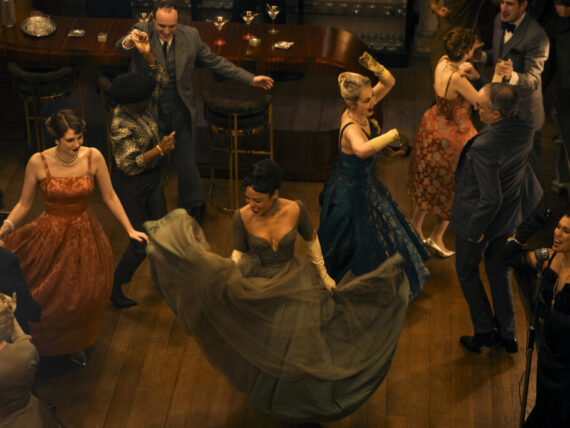
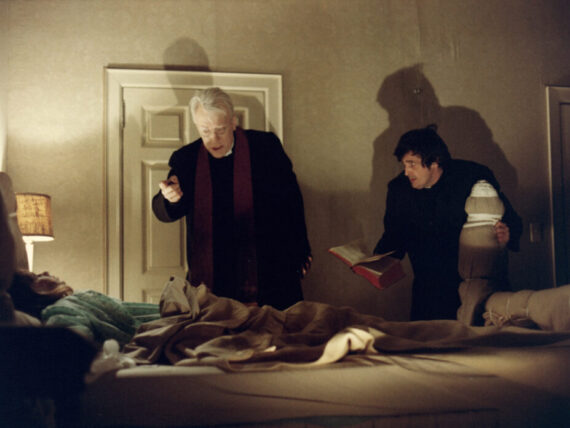
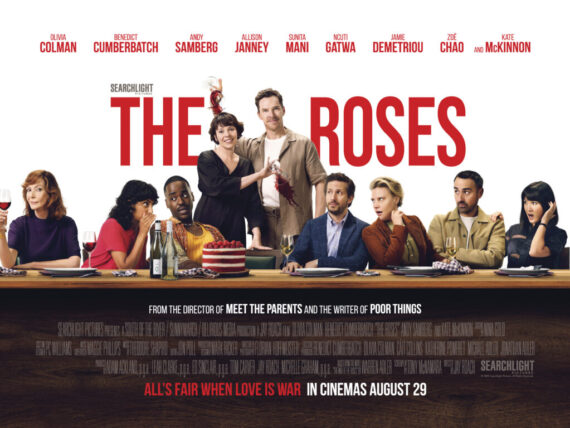
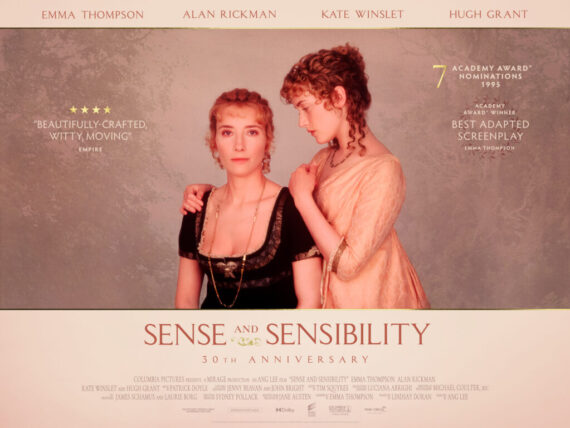

Comments
No comment yet.